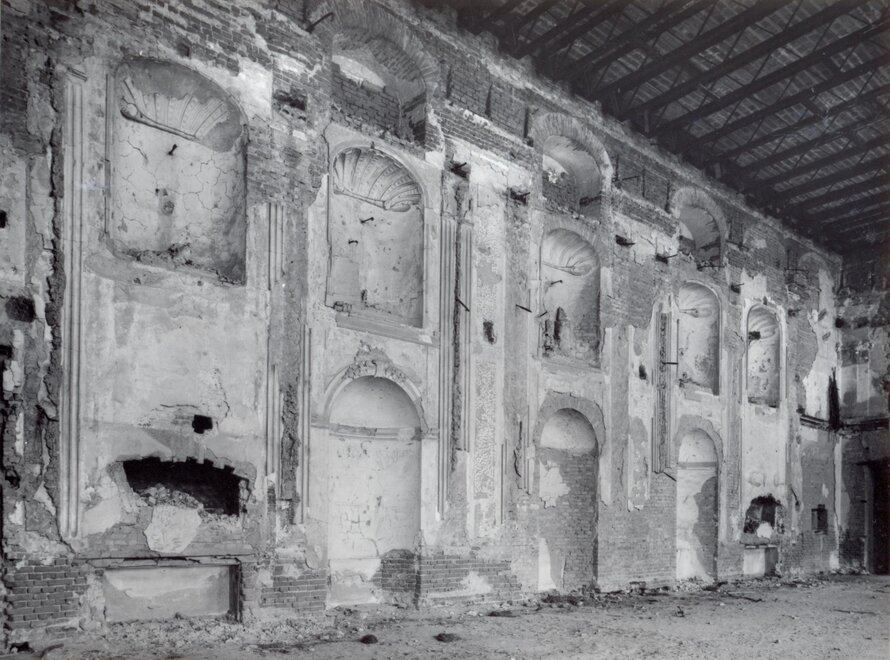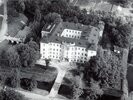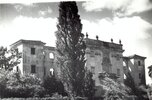Castle Sulkowski, Rydzyna
Castle Sulkowski was built at the end of the 16th century by the architect Belotti, for Raphael Leszczynski and his son Stanislaw, the future king of Poland. In 1707 part of the castle burnt down and as his owner in the meantime had left Poland forever, he sold his property to ...
Read more
Project details
| Title: | Castle Sulkowski, Rydzyna |
|---|---|
| Entr. year: | 1994 |
| Result: | Diploma |
| Country: | Poland |
| Town: | Rydzyna |
| Category type: | architectural heritage |
| Building type/ Project type: | Military/Defence/Fortified building/system |
| Former use: | Castle; mansion |
| Actual use: | Hotel, conference centre |
| Built: | 17th century |
| Architect / Proj.leader: | Witold Milewski - Anna Gerquin, Architects |
| The Jury's citation: | "For the careful reconstruction and restoration of this very important 17th century Polish castle" |
| GPS: | 51°47'15.4"N 16°40'15.3"E |
Description:
Castle Sulkowski was built at the end of the 16th century by the architect Belotti, for Raphael Leszczynski and his son Stanislaw, the future king of Poland. In 1707 part of the castle burnt down and as his owner in the meantime had left Poland forever, he sold his property to Prince Sulkowski. The Sulkowski family lived in Rydzyna until 1909, when the last member of the family died, and the castle was inherited by the "Sulkowski Foundation", taking care of the education of talented but poor boys. Shortly after the liberation of Rydzyna by the Red Army, the castle was again heavily damaged in a fire. For years the authorities were trying to find a new use for the building and funds to restore it. In 1970 the Polish Association of Engineers decided to reconstruct Castle Sulkowki and to convert it into a hotel and conference centre. With great care they restored the building, including the painted decoration and plastered ceilings of the interior.
Similar projects
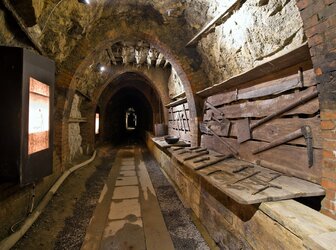
End of the 18th century
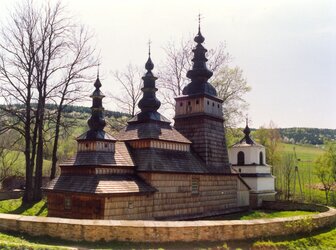
16th-17th century
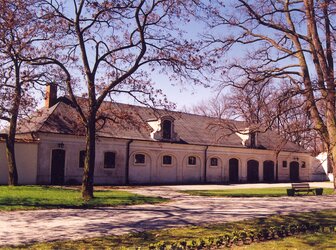
18th century
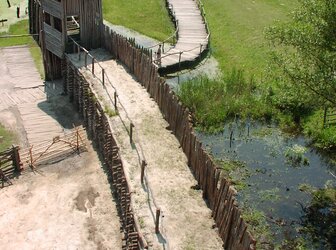
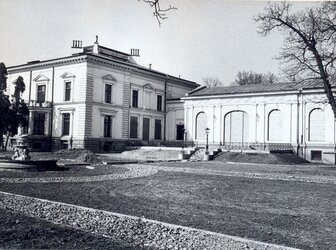
19th century

19th century
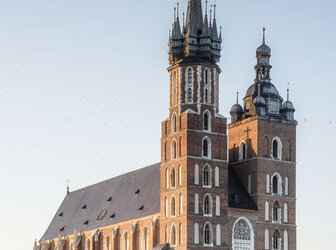
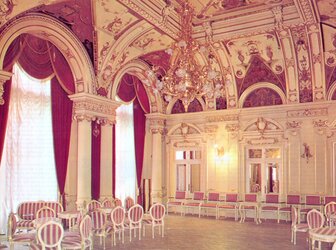
19th century
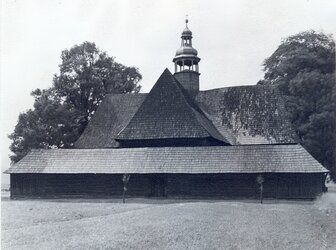
18th century
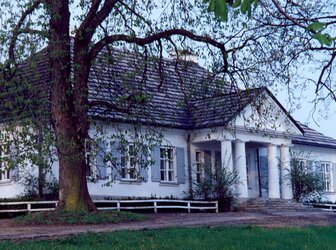
18th century
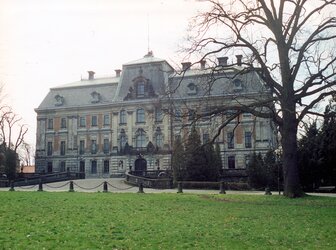
19th century
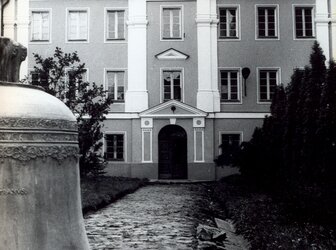
15th century
